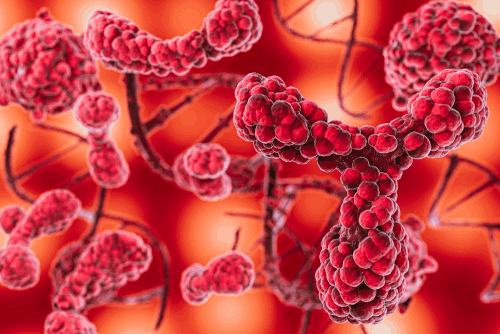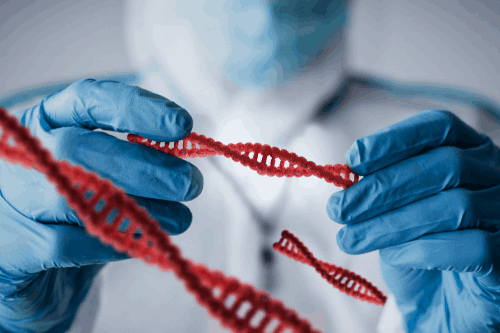News
28
Jul
Advancements in Leukemia Treatment: Breakthroughs and Personal Experiences

Targeted Therapies: Over the past decade, significant progress has been made in developing targeted therapies for leukemia. These treatments are designed to specifically target certain molecules or genetic mutations that play a role in the growth and survival of leukemia cells. By focusing on specific targets, these therapies can be more effective and have fewer side effects compared to traditional chemotherapy.
Immunotherapy: Immunotherapy has emerged as a promising approach in leukemia treatment. Chimeric Antigen Receptor (CAR) T-cell therapy, in particular, has shown remarkable success in treating certain types of leukemia. This therapy involves modifying a patient's own immune cells to recognize and attack leukemia cells more effectively.
Gene Editing: Advances in gene-editing technologies like CRISPR-Cas9 have opened up new possibilities for treating leukemia. Researchers are exploring ways to modify patients' own cells to enhance their ability to fight leukemia or correct genetic mutations that contribute to the development of the disease.
Bone Marrow Transplantation: Stem cell transplantation, also known as bone marrow transplantation, remains an essential treatment for many leukemia patients. Improvements in matching donors, conditioning regimens, and post-transplant care have improved the success rates of this procedure.
Personalized Medicine: The concept of personalized medicine is gaining traction in leukemia treatment. By analyzing a patient's genetic makeup and other relevant factors, doctors can tailor treatment plans to the individual, potentially leading to more effective outcomes.
Minimal Residual Disease (MRD) Monitoring: MRD refers to small traces of leukemia cells that may remain in a patient's body after treatment. Advanced techniques for MRD monitoring help doctors detect these residual cells more accurately, allowing for better disease management and treatment adjustments.
Personal Experiences:
Leukemia treatments can vary widely based on the specific type of leukemia, the stage of the disease, the patient's overall health, and other factors. As an AI language model, I don't have personal experiences, but I can say that every patient's journey is unique. Some patients may respond well to treatments and experience remission, while others may face challenges and require ongoing management.
It is essential to remember that advancements in medical science continue to evolve beyond my last update. For the latest information on leukemia treatments and breakthroughs, I recommend consulting up-to-date medical sources, research papers, and speaking with healthcare professionals.
Featured News

Uniting Against Cancer: How Cancer Communities Empower Patients and Families
we will explore the importance of cancer communities, how they empower patients and families, the support and resources they offer, and their role in promoting cancer awareness.
see more


Are there any emerging biomarkers that show promise for early disease detection or personalized medicine?
see more

